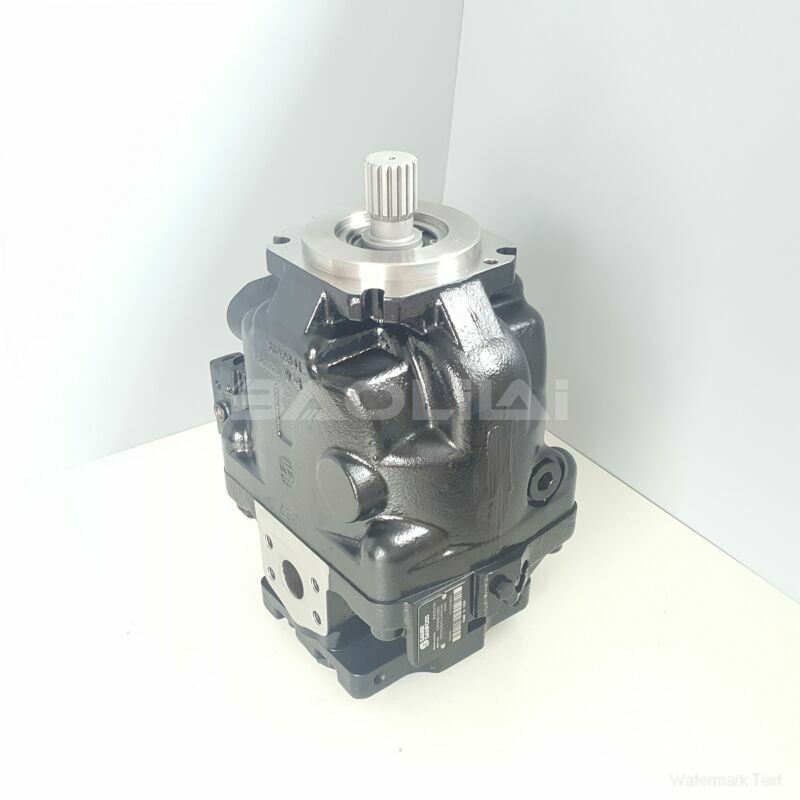ERR100BPC25NNNNN3S4RPA1NAAANNNNNN hydraulic pump
ERR100BPC25NNNNN3S4RPA1NAAANNNNNN hydraulic pump

- Product Details
- Applicable Scene
Hydraulic pumps are essential components in various machinery and equipment, providing the necessary force to operate hydraulic systems. However, when your hydraulic pump begins to emit unusual noises, it can be a cause for concern. Ignoring these sounds may lead to more significant problems or even equipment failure. Here’s a guide on what to do when you encounter this situation.
ER-R-100B-PC-25-NN-NN-N-3-S4RP-A1N-AAA-NNN-NNN
ERR100BPC25NNNNN3S4RPA1NAAANNNNNN
First, it’s important to identify the type of noise your hydraulic pump is making. Common sounds include grinding, squealing, hissing, or thumping. Each of these noises can indicate different issues. For example, a grinding noise may suggest a problem with the pump’s bearings, while a hissing sound might indicate air trapped in the system or a hydraulic fluid leak.

83011234
Once you’ve identified the noise, you should take immediate action. Start by shutting down the equipment to prevent further damage. Continuing to operate a pump that is making unusual noises can exacerbate the issue and lead to costly repairs or complete pump failure.
Next, conduct a visual inspection of the pump and surrounding components. Look for any obvious signs of wear, damage, or leaks. Check the hydraulic fluid levels and inspect the fluid for any contamination. Dirty or degraded hydraulic fluid can affect pump performance and cause unusual noises. If you discover any leaks, it’s crucial to address them as they can compromise the entire hydraulic system.
After the visual check, consider flushing the hydraulic system and replacing the fluid if it appears contaminated. This action can help restore proper function to your hydraulic pump. Be sure to use the manufacturer-recommended hydraulic fluid to ensure compatibility and optimal performance.





